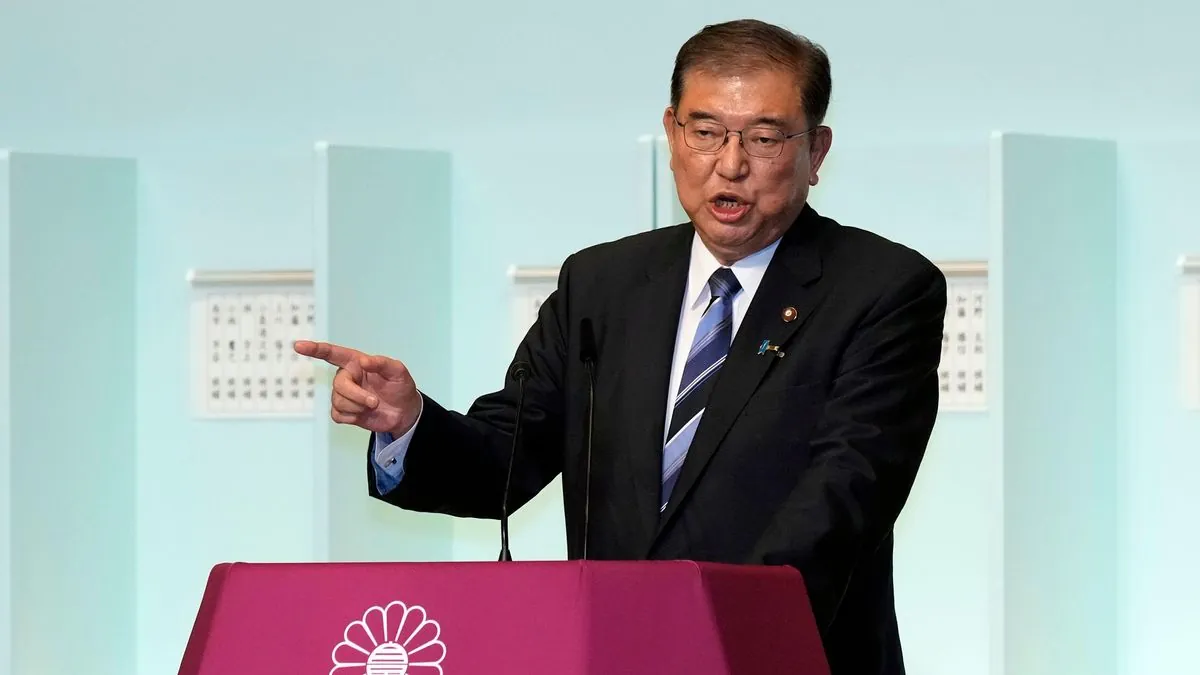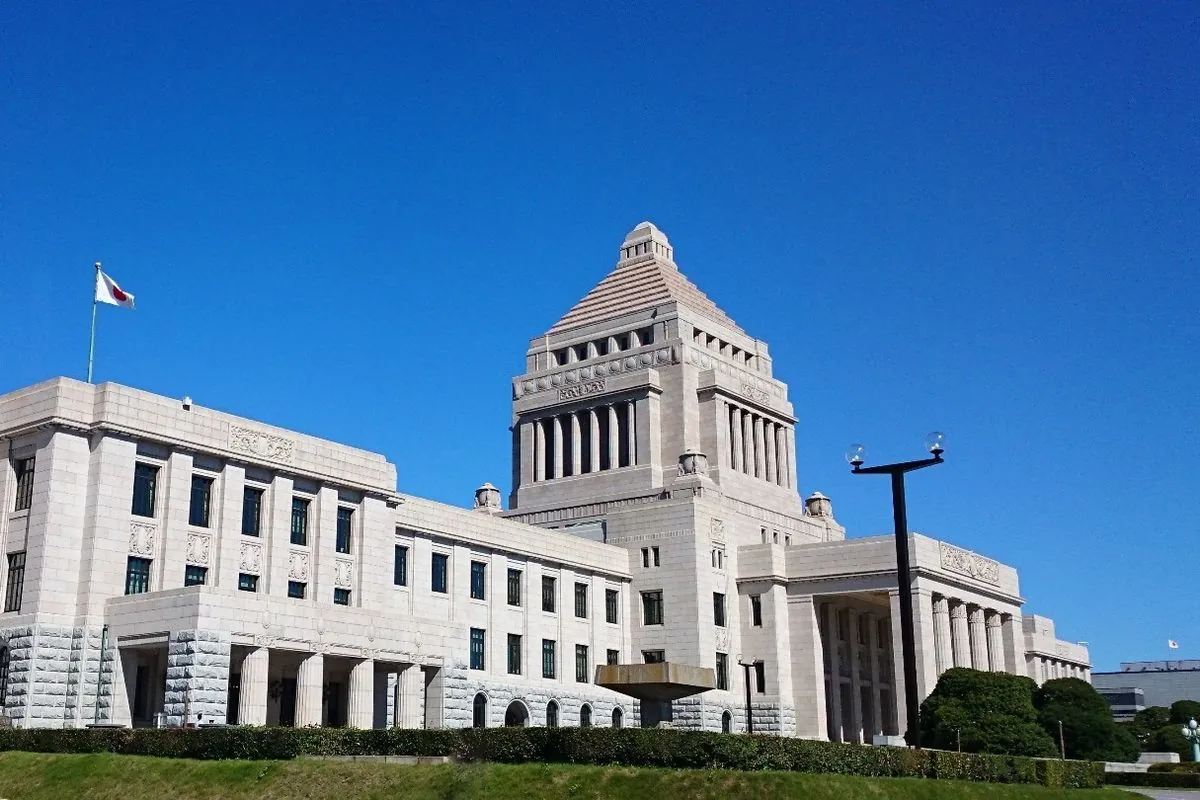Japan's New Leader Sets October Election, Seeks Public Mandate
Japan's incoming Prime Minister Shigeru Ishiba plans October 27 election. Succeeding Fumio Kishida, Ishiba aims to secure public support for his policies and address party scandals.

In a significant political development, Shigeru Ishiba, the newly elected leader of Japan's governing Liberal Democratic Party (LDP), has announced his intention to call a parliamentary election on October 27, 2024. This announcement comes just one day before his anticipated formal appointment as Prime Minister on October 1, 2024.
Ishiba's ascension to party leadership occurred on September 27, 2024, following the departure of Fumio Kishida. The LDP's control over the National Diet, Japan's parliament, virtually guarantees Ishiba's elevation to the position of Prime Minister. This transition marks the 65th change in Japan's premiership since the Meiji Restoration in 1868.
The incoming Prime Minister's decision to promptly hold an election aligns with Japan's democratic processes. The country operates under a parliamentary system with a constitutional monarchy, where general elections must occur every four years or upon parliament dissolution. Ishiba's move demonstrates his commitment to securing a public mandate for his policy agenda.

Japan's political landscape has been shaped by various factors, including its aging population and economic challenges. The LDP, founded in 1955, has dominated Japanese politics for decades, maintaining power almost continuously except for brief interruptions in 1993–1994 and 2009–2012. This longevity has significantly influenced Japan's post-war trajectory, including its economic miracle that propelled the nation to become the world's second-largest economy by the 1980s.
The upcoming election will utilize Japan's unique electoral system, which combines first-past-the-post voting with proportional representation. This system, coupled with the lowering of the voting age to 18 in 2016, aims to ensure broad representation of the electorate's will.
Ishiba's decision to call for an early election also serves as a strategic move to address recent party scandals that have affected the LDP's popularity. By seeking a fresh mandate, he aims to reinvigorate public trust in the government and chart a new course for the party and the nation.
As Japan prepares for this crucial vote, it's worth noting that the country's political system allows for coalition governments, a feature that has played a significant role in maintaining stability. The outcome of this election will be closely watched, as it may shape Japan's approach to various challenges, including economic revitalization and international relations.
The election, scheduled for October 27, 2024, will be a pivotal moment for Japan, potentially influencing the nation's direction as it navigates complex domestic and global issues in the years to come.


































